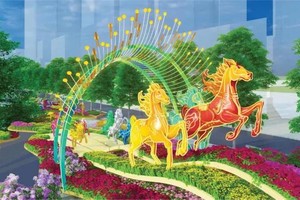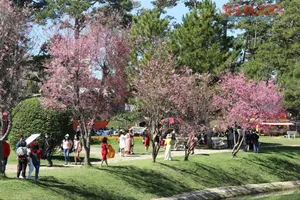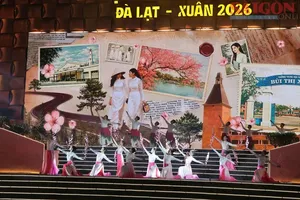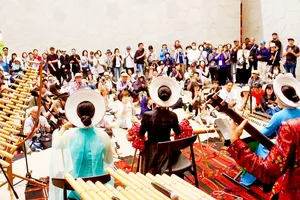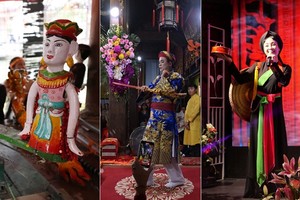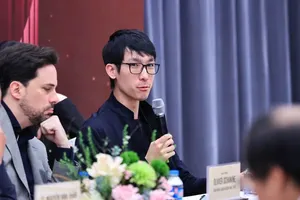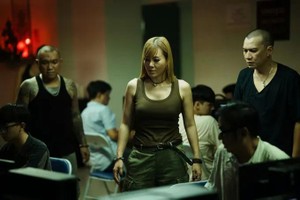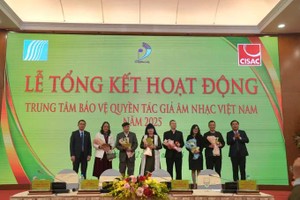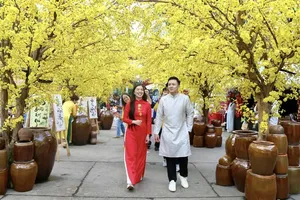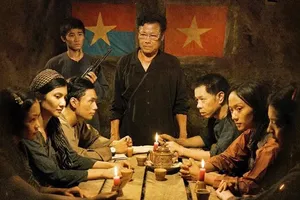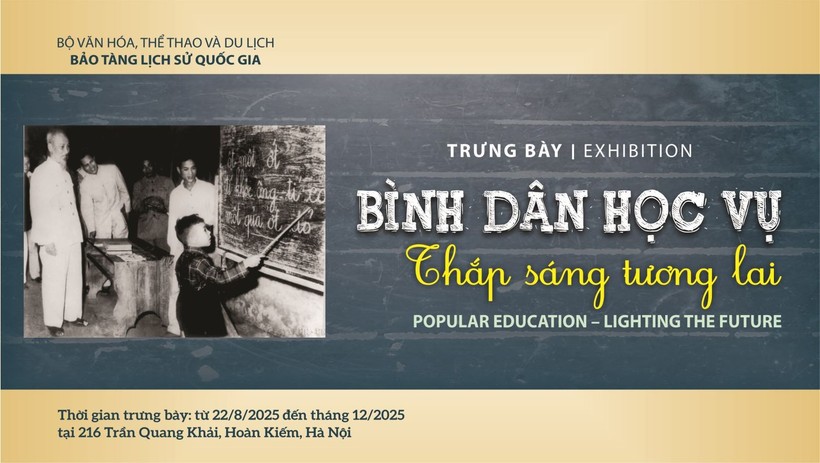
It aims to mark the 80th anniversary of the August Revolution and National Day (September 2).
Highlights include a guest book recording reflections by leaders and intellectuals on the mass literacy campaign; a badge created by revolutionaries imprisoned on Con Dao Island in 1951 to promote literacy classes in jail; and items donated by families of historical witnesses.
According to Museum Director Nguyen Van Doan, the exhibition, titled “Popular Education—Lighting the Future,” offers the public, particularly younger generations, a deeper understanding of the mass literacy movement launched 80 years ago and its contemporary legacy, referred to as “Digital Literacy for All.”
It reflects the continuation of Ho Chi Minh’s thought that learning should serve work, self-cultivation, the nation, and humanity, inspiring the fondness for learning and faith in the power of knowledge from the literacy classes in the old days to today’s drive for lifelong learning.
The exhibition is organised around three themes.
The first, “Fighting Illiteracy—A Silent War,” highlights the nation’s challenges after September 2, 1945, such as famine, illiteracy, and foreign invasion. It recalls President Ho Chi Minh reading the Declaration of Independence, the Provisional Government’s first meeting, and the call to launch a nationwide literacy campaign.
The second, “The Spread of Knowledge,” showcases the strong political will of the Party, the State, and President Ho Chi Minh to eradicate illiteracy, along with teaching tools, study materials, medals, flags, and letters from leaders to teachers and students. It underlines the unity of the people in building a new education system to serve resistance and nation-building.
The third, “From Mass Education to Lifelong Learning,” affirms the enduring legacy of the campaign, which laid the foundation for today’s lifelong learning movement. This spirit continues in the digital era with initiatives to expand digital skills and knowledge across society.
The museum has also received new donations, including documents and artifacts from the families of Nguyen Phong Nien, Vuong Manh Thai, and Nguyen Thi Dam, as well as a Brain-EDABK chip contributed by Associate Professor Dr. Nguyen Duc Minh, Vice Rector of the School of Electrical and Electronic Engineering at the Hanoi University of Science and Technology.
Running from August 22 to December 2025, the exhibition also debuts an augmented reality (AR) experience based on a visual positioning system (VPS), enabling visitors to interact with objects and documents in an immersive digital format.
